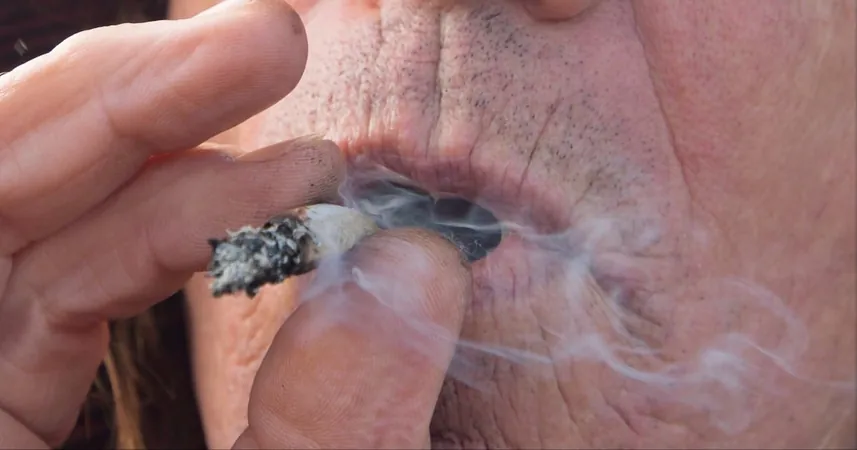
Toronto Withdraws Crackdown on Illegal Cannabis Dispensaries: What This Means for the City’s Black Market
2025-01-16
Author: William
Introduction
In a surprising turn of events, Toronto's bylaw officers have announced that they will cease enforcement actions against illegal cannabis dispensaries operating throughout the city. This decision comes from the head of Toronto’s licensing department, Carleton Grant, during a budget committee meeting on Wednesday, highlighting the challenges posed by limited funding and the inherent dangers of confronting criminal activities associated with these establishments.
Background
Since the initiation of cannabis legalization in 2018, the city has struggled to contain the proliferation of illegal dispensaries, despite receiving nearly $9 million in provincial funding from the Ontario Cannabis Legalization Implementation Fund (OCLIF) to combat unlicensed cannabis sales. However, after the funding expired in 2024, the city has been left without the necessary resources to maintain pressure on these illegal operations.
Challenges Faced
Back in 2018, Toronto's concerted efforts, in collaboration with police and judicial systems, managed to reduce the number of illegal cannabis stores from over 100 to fewer than 10. However, Grant indicated that this number has since surged, mainly due to the significant profits that entice these shops to operate illegally.
Economic Factors
“It’s become economically beneficial for illegal pot shops to pay fines and continue their operations,” Grant stated, confessing that city law enforcement had become ineffective. He noted, “We’ve utilized all tools at our disposal, but illegal operators are reopening shop due to the financial gains they reap.”
Responsibility and Risks
As it stands, while the Alcohol and Gaming Commission of Ontario oversees the licensing for retail cannabis dispensaries, the enforcement against those illegally selling products falls solely on the city, a responsibility Grant suggests is misaligned with the city’s enforcement capabilities. “It’s criminal activity, and it poses serious risks to our staff when dealing with these locations that may involve weaponry and organized crime,” he emphasized.
Current Statistics
Since the beginning of 2023 alone, the city has conducted over 90 enforcement actions, leading to more than 200 charges against illegal operators. Financial penalties are severe; individuals can face up to $250,000 in fines and potential prison time of up to two years, while corporations could be fined up to $1 million.
Concerns from City Councilors
Amidst the uncertainties and rising illegal trade, city councilors have raised concerns about the timing of this enforcement withdrawal. Councillor Lily Cheng articulated the apprehension, questioning, "So, you’re indicating these illegal operations could pose a threat, and now we're just supposed to wait and hope the province will intervene?"
Provincial Response
In response to the growing crisis, a spokesperson from the Ministry of Finance mentioned that the province is still backing cannabis enforcement, announcing a new investment of $31 million over three years, aimed at enhancing operations led by the Ontario Provincial Police in combating illegal cannabis production and distribution.
Future Implications
However, as the city deliberates its future approach, Toronto Police Service Chief Myron Demkiw reaffirmed that their focus remains on higher-priority crimes including gun violence and emergencies, casting doubt on the immediate response to illegal cannabis shops despite the worrying increase in their numbers.
Conclusion
With the halt of city enforcement efforts, the future of illegal cannabis dispensaries in Toronto remains precarious, leaving residents to ponder the implications this will have on the ongoing struggle against the black market. Will authorities step in before chaos ensues in Toronto’s streets? Only time will tell. Stay tuned for updates on this evolving story!



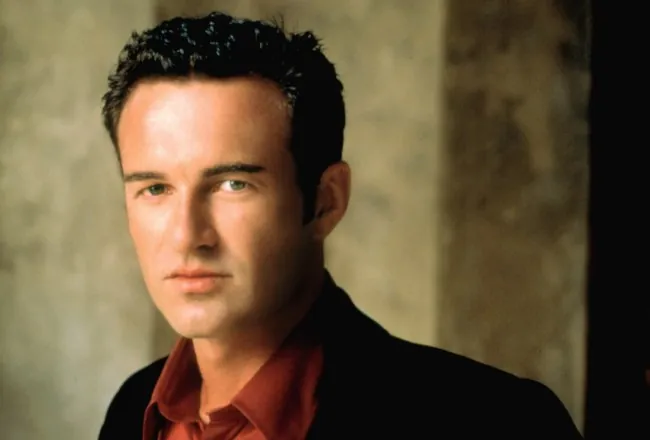


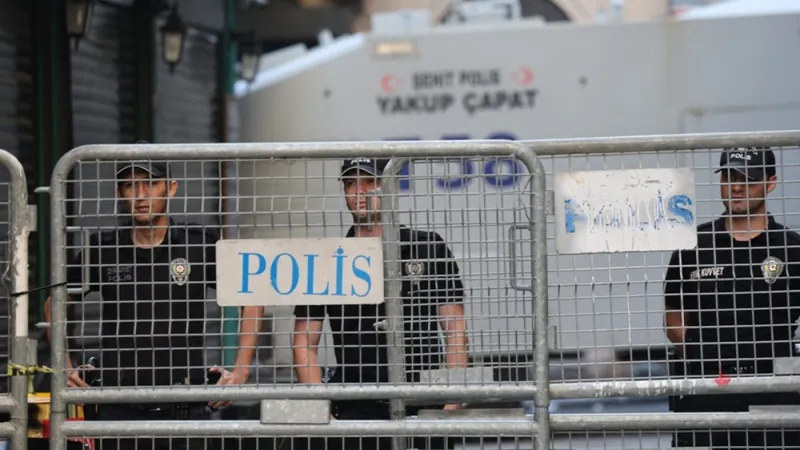
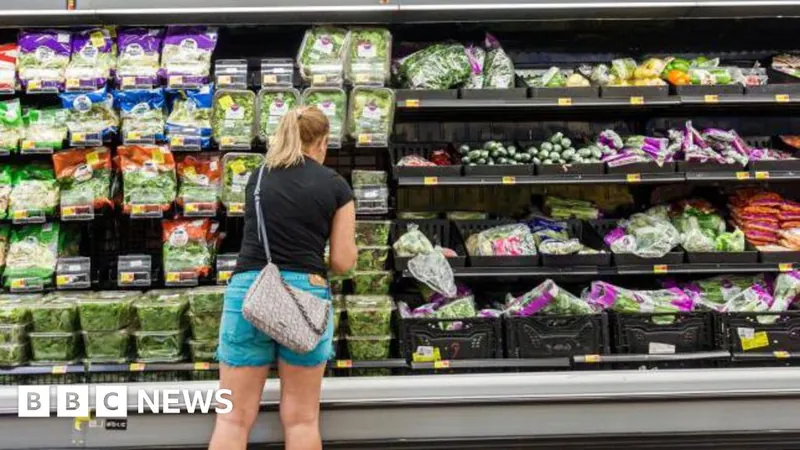
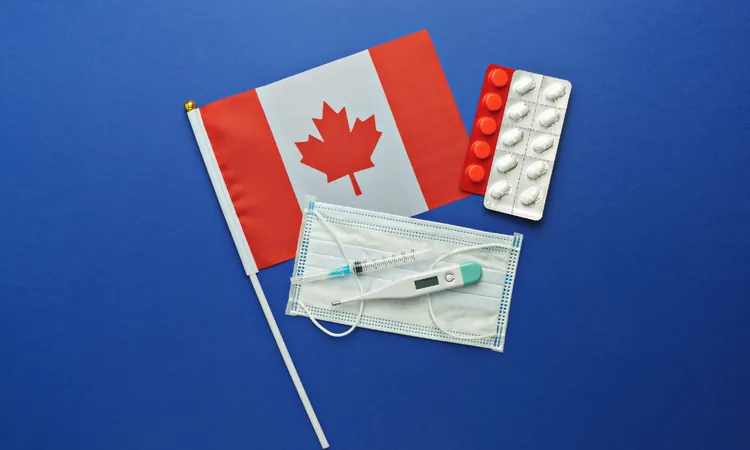
 Brasil (PT)
Brasil (PT)
 Canada (EN)
Canada (EN)
 Chile (ES)
Chile (ES)
 Česko (CS)
Česko (CS)
 대한민국 (KO)
대한민국 (KO)
 España (ES)
España (ES)
 France (FR)
France (FR)
 Hong Kong (EN)
Hong Kong (EN)
 Italia (IT)
Italia (IT)
 日本 (JA)
日本 (JA)
 Magyarország (HU)
Magyarország (HU)
 Norge (NO)
Norge (NO)
 Polska (PL)
Polska (PL)
 Schweiz (DE)
Schweiz (DE)
 Singapore (EN)
Singapore (EN)
 Sverige (SV)
Sverige (SV)
 Suomi (FI)
Suomi (FI)
 Türkiye (TR)
Türkiye (TR)
 الإمارات العربية المتحدة (AR)
الإمارات العربية المتحدة (AR)